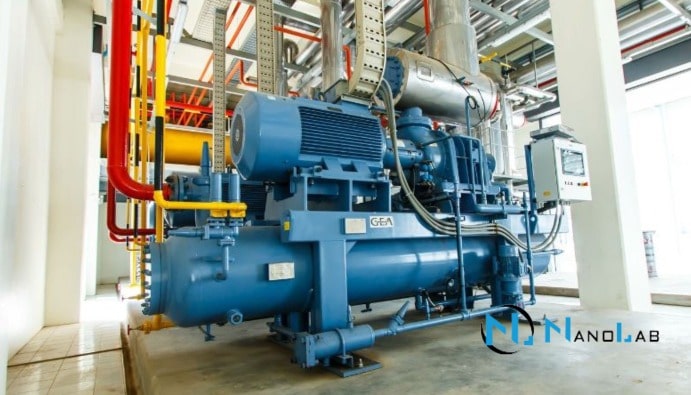
BLOG
KATEGORİDEKİ DİĞER YAZILAR

Compressor oils are lubricating fluids that are critical to keep industrial compressors running efficiently. Proper lubrication of compressors helps prevent friction, wear, heat generation and other problems in the system. Therefore, regular analysis of compressor oils and implementation of quality control methods are essential to maximize compressor performance and extend its life.
Compressor oils are polyalphaolefin-based oils produced by blending fully synthetic base oils and special additives, which ensure long life, high performance and trouble-free operation even under the harshest conditions and high temperatures.
Compressor oils are used in all types of screw and vane air compressors. The important issue for compressor oils is to be resistant to harsh climatic, environmental and high temperature conditions. They must have a service life of 8000 hours under normal operating conditions. They should have high oxidation resistance, low tendency to form soot and be easily separated from water.
|
Oil Type |
Parameter |
Method |
|
Compressor Oils |
Viscosity Index |
ASTM D 2270 |
|
40 °C mm2/s |
ASTM D 445 |
|
|
100 °C mm2/s |
ASTM D 445 |
|
|
Density, @ 15°C g/ml |
ASTM D 4052 |
|
|
Flash Point Analysis |
ASTM D 93 |
|
|
Pour Point, °C |
ASTM D 97 |
Nanolab Laboratories Group continues to provide services within the scope of Compressor Oil Analysis. We also provide services in Engine Oil Analysis.
Contact us for more information.
You can follow us on LinkedIn for up-to-date news and posts about our services.
Follow our Instagram account to be informed about our latest blog posts.